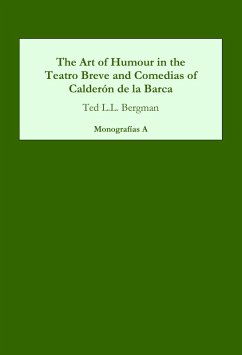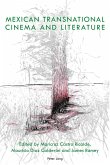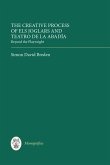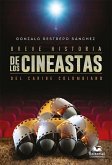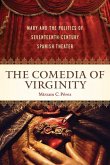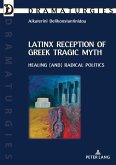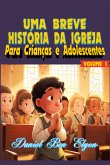Parody, satire and a number of other comic techniques are shown to play an unsuspected but integral part in Calderon's work.
Contrary to popular belief, Pedro Calderón de la Barca had a sense of humour. This book examines the integral and often essential use of humour in his works, looking beyond his persistent reputation as a dour and dogmatic representative of the Spanish canon. Calderón's teatro breve (featuring mojigangas, entremeses and jácaras) thrives on comic techniques and situations that poke fun at everything and everybody, from aspiring nobilityto people facing execution; and he parodies and satirizes genres and themes such as the auto sacramental or the infamous 'honour code'. His irreverence and desire for the audience's laughter are not just expressed in histeatro breve: the very same humorous techniques and situations, and even entire small works themselves, are found in his comedias, blurring and often eliminating the distinction between 'major' and 'minor' genres. Calderón proves that the 'complementary' teatro breve need not live a separate existence, and that its presence within the comedia itself offers untold opportunities for novelty, diversion and criticism. By turning jokes into a dramatic art form and vice versa, Calderón has much to teach us about the presence, role and functioning of humour in all of Spanish Golden Age theatre.
TED L.L. BERGMAN is Professor of Spanish Language and Culture, Soka University of America.
Contrary to popular belief, Pedro Calderón de la Barca had a sense of humour. This book examines the integral and often essential use of humour in his works, looking beyond his persistent reputation as a dour and dogmatic representative of the Spanish canon. Calderón's teatro breve (featuring mojigangas, entremeses and jácaras) thrives on comic techniques and situations that poke fun at everything and everybody, from aspiring nobilityto people facing execution; and he parodies and satirizes genres and themes such as the auto sacramental or the infamous 'honour code'. His irreverence and desire for the audience's laughter are not just expressed in histeatro breve: the very same humorous techniques and situations, and even entire small works themselves, are found in his comedias, blurring and often eliminating the distinction between 'major' and 'minor' genres. Calderón proves that the 'complementary' teatro breve need not live a separate existence, and that its presence within the comedia itself offers untold opportunities for novelty, diversion and criticism. By turning jokes into a dramatic art form and vice versa, Calderón has much to teach us about the presence, role and functioning of humour in all of Spanish Golden Age theatre.
TED L.L. BERGMAN is Professor of Spanish Language and Culture, Soka University of America.
Dieser Download kann aus rechtlichen Gründen nur mit Rechnungsadresse in A, D ausgeliefert werden.

